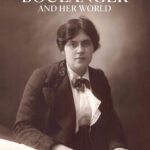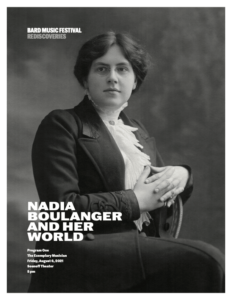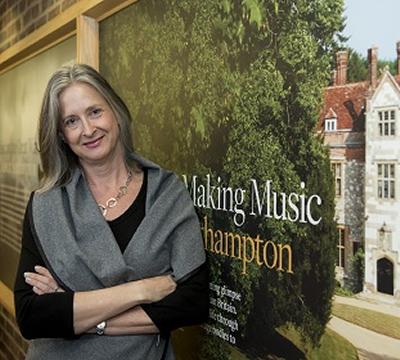Nadia Boulanger (1887–1979) was arguably one of the most iconic figures in twentieth-century music, and certainly among the most prominent musicians of her time. For many composers— especially Americans from Aaron Copland to Philip Glass—studying with Boulanger in Paris or Fontainebleau was a formative moment in a creative career.
Composer, performer, conductor, impresario, and charismatic and inspirational teacher, Boulanger engaged in a vast array of activities in a variety of media, from private composition lessons and lecture-recitals to radio broadcasts, recordings, and public performances. But how to define and account for Boulanger’s impact on the music world is still unclear. Nadia Boulanger and Her World takes us from a time in the late nineteenth century, when many careers in music were almost entirely closed to women, to the moment in the late twentieth century when those careers were becoming a reality. Contributors consider Boulanger’s work in the worlds of composition, musical analysis, and pedagogy and explore the geographies of transatlantic and international exchange and disruption within which her career unfolded. Ultimately, this volume takes its title as a topic for exploration—asking what worlds Boulanger belonged to, and in what sense we can consider any of them to be “hers.”
Praise
“As editor and contributor, Brooks has done a fine job, mixing judiciously chosen source materials with carefully researched scholarly articles, plus photographs, scores and handwritten documents. Her book fulfills an academic agenda but, more importantly, to read it feels like spending time in Boulanger’s world, understanding a little better who she was and what she experienced as a human being.”—The Wire
“This publication joins a growing list of scholarly works about Nadia Boulanger (1887–1979) and her sister, Lili (1893–1918). . . but the present volume evaluates new sources and leads to several reassessments. The maturity of these essays makes the book particularly compelling. Each contributor pays meticulous attention to details at every level: the book is marked by an in-depth presentation of ideas; clear, nuanced, and explicit analysis; and excellent documentation that often adds context, source details, locations of the many primary sources consulted, and other useful information. This book is about the world Boulanger occupied and about the world she created: space and visibility for Lili’s compositions, placement of Gabriel Fauré at the center of French modern music for American audiences, links to new music and international connections for Polish musicians, and especially encouragement for the 50-plus who were her students.”—Choice







